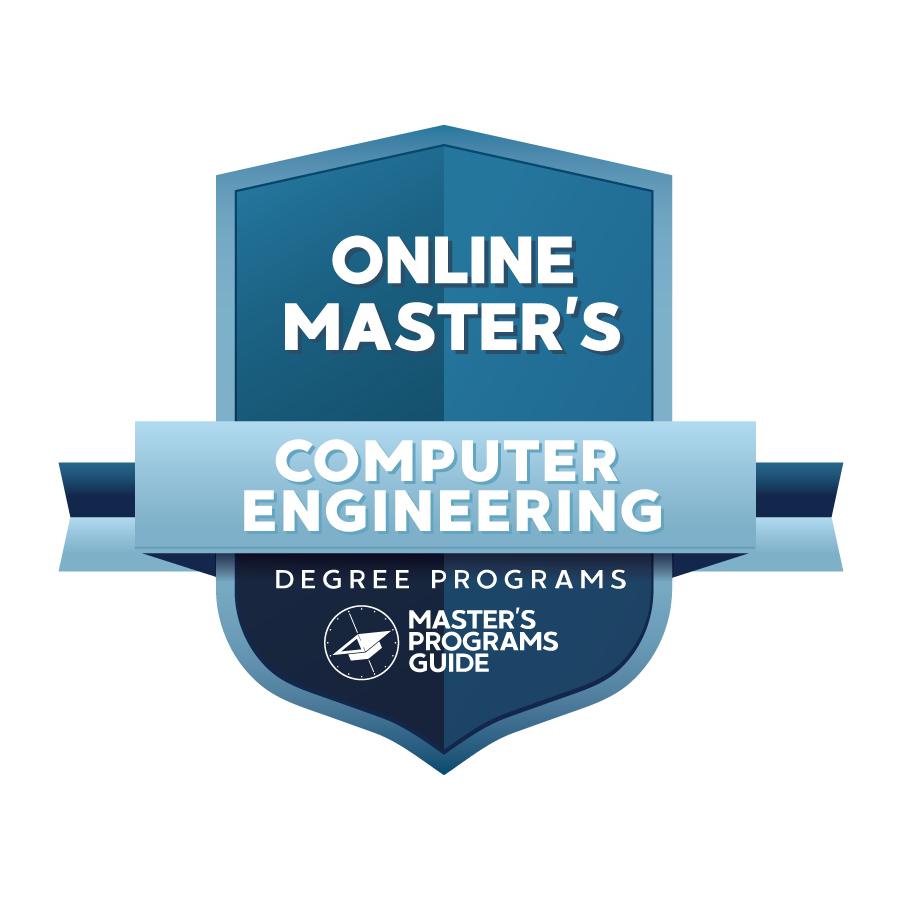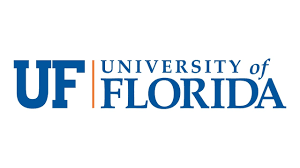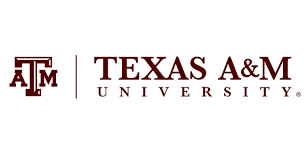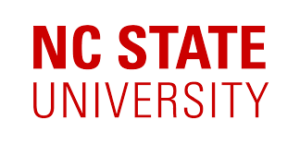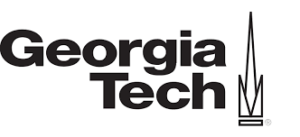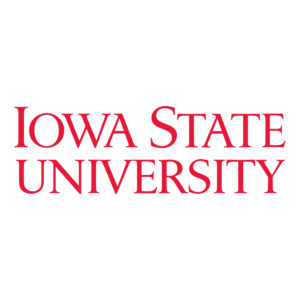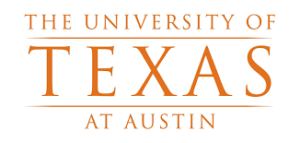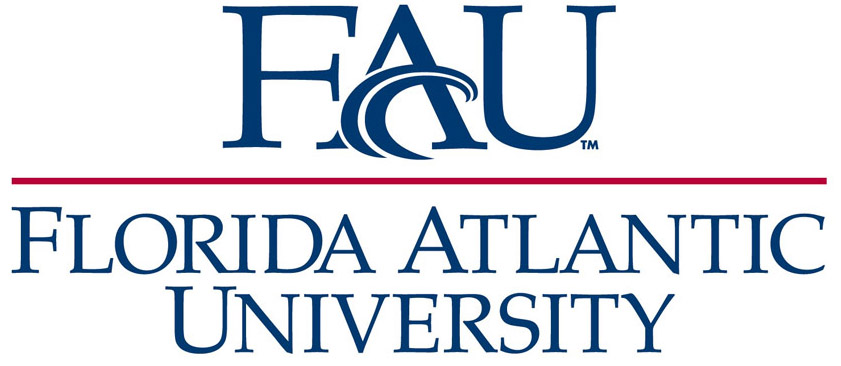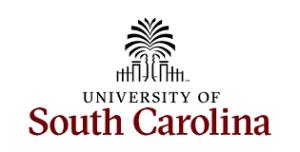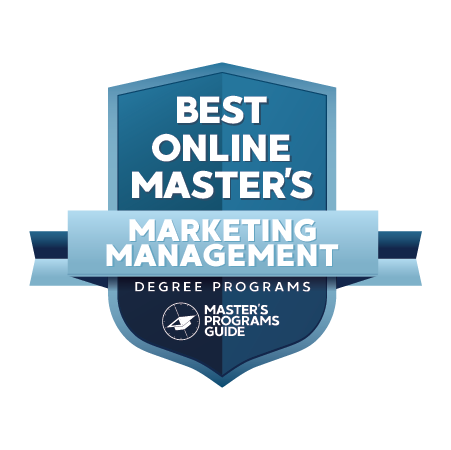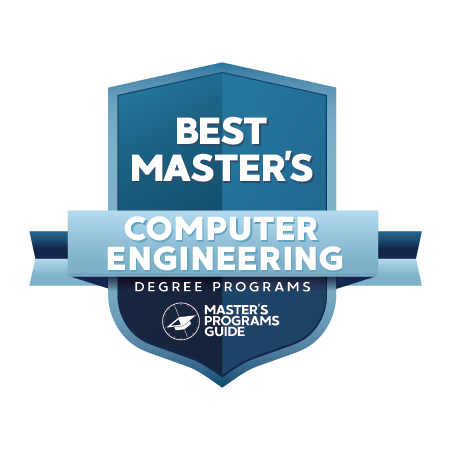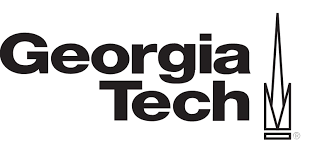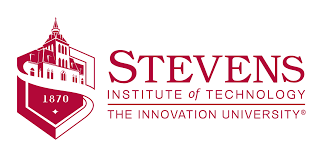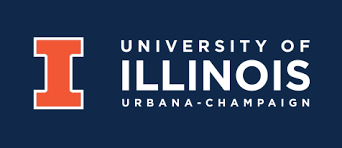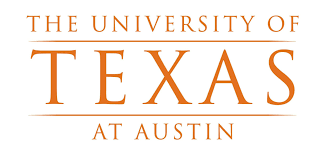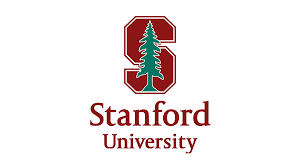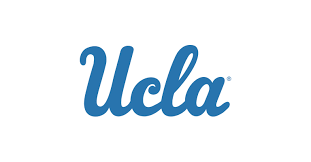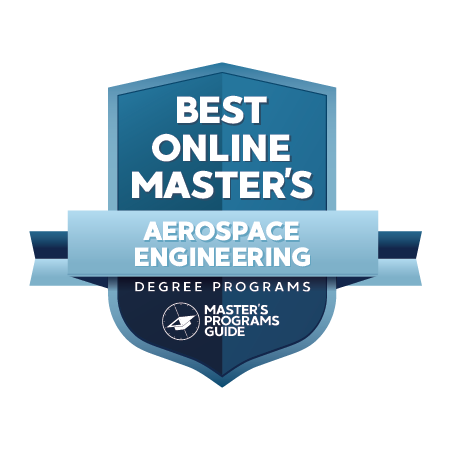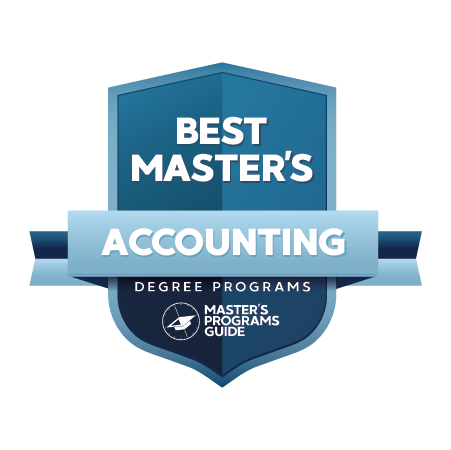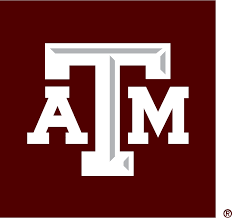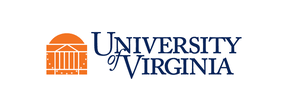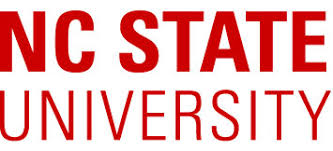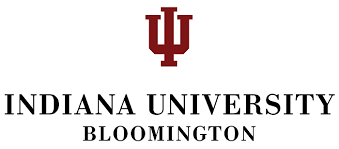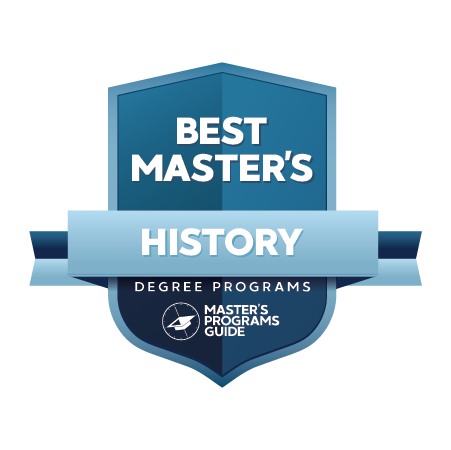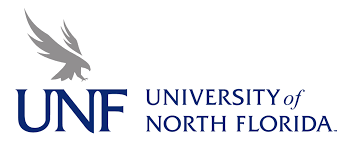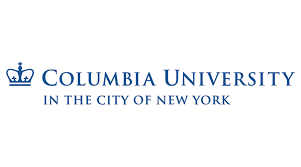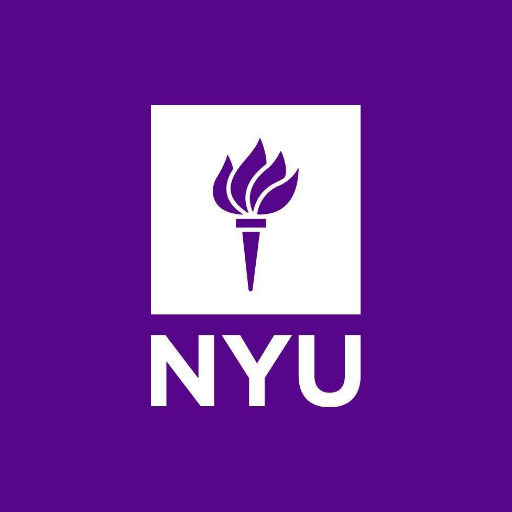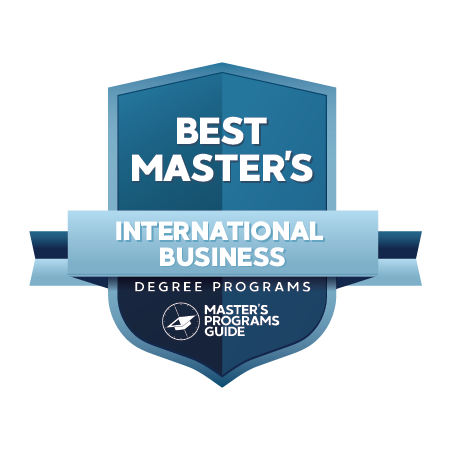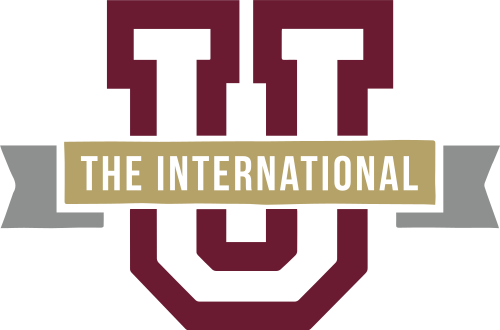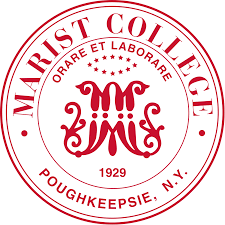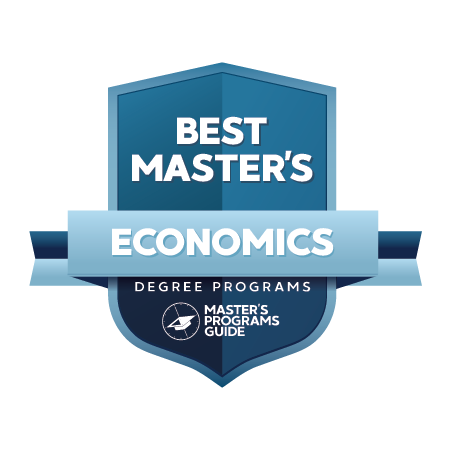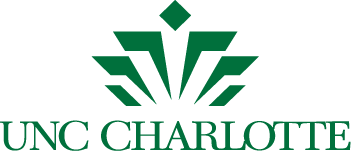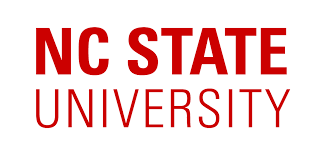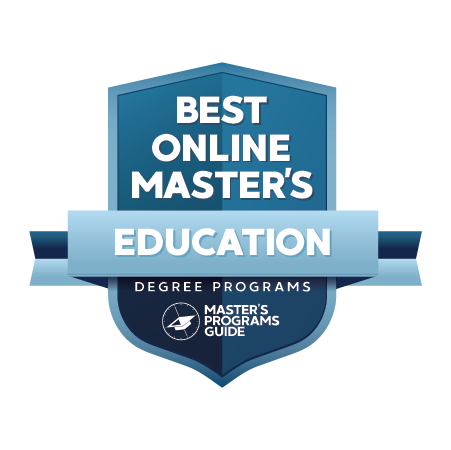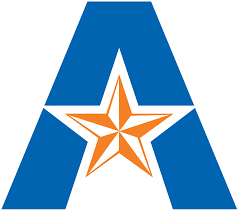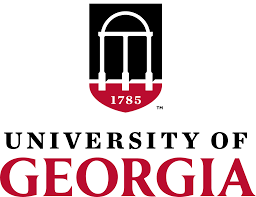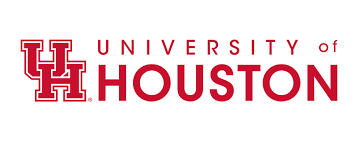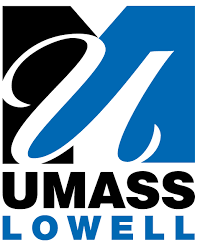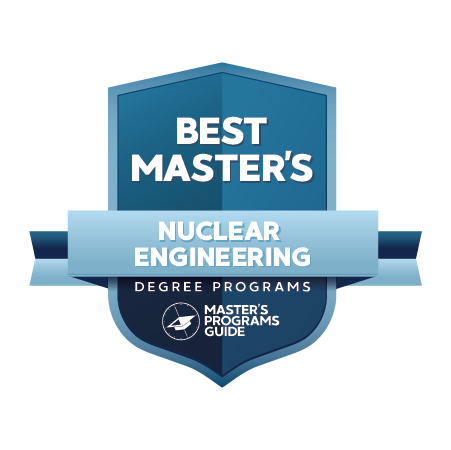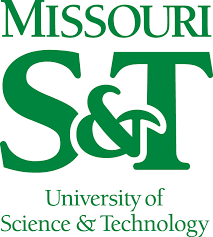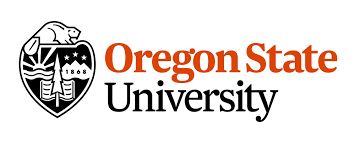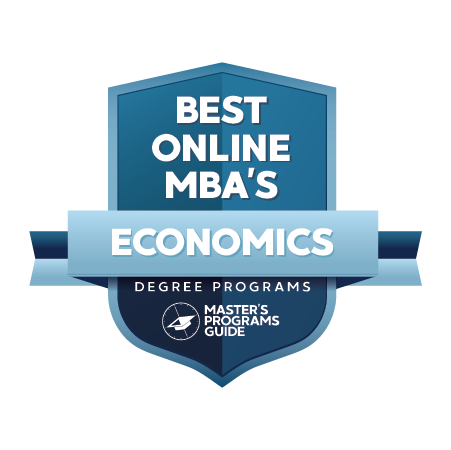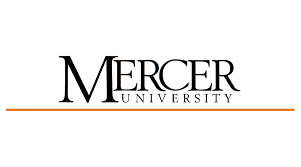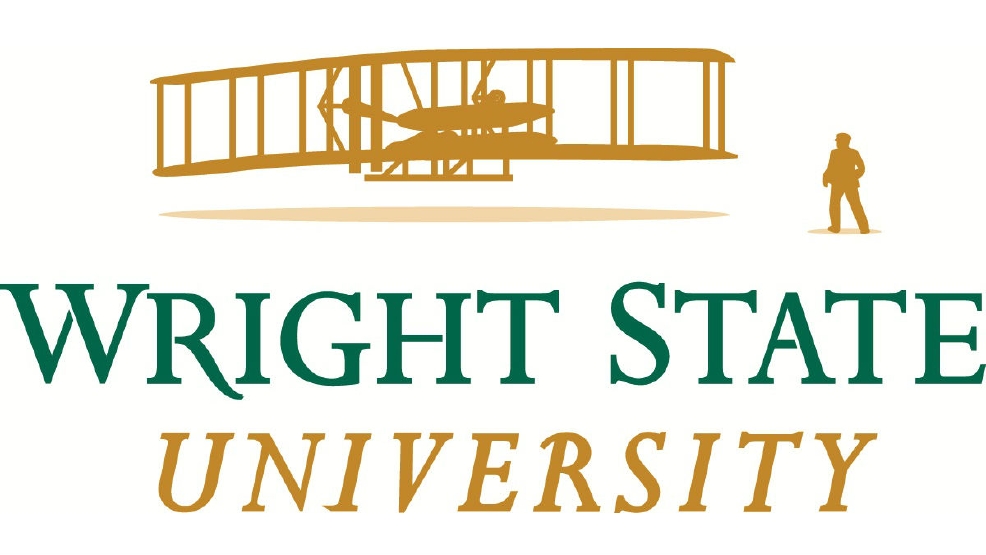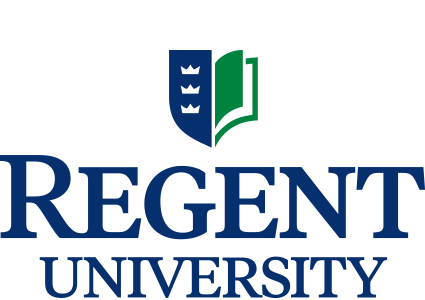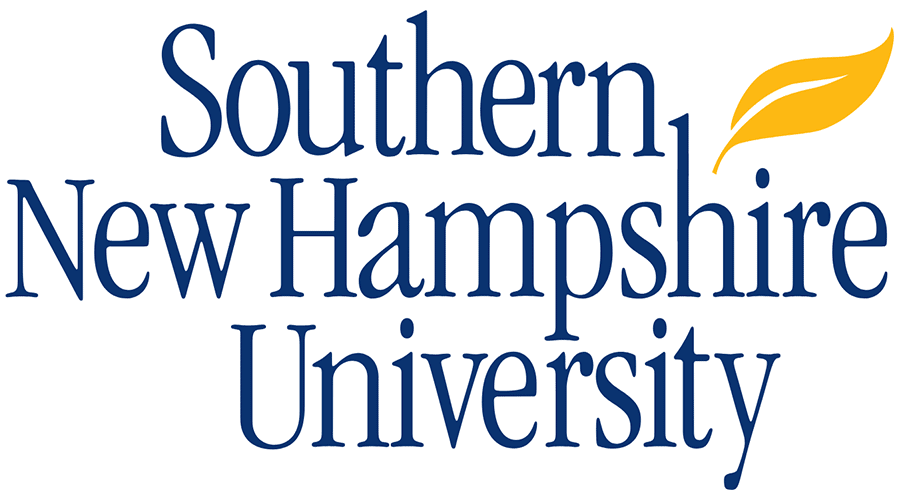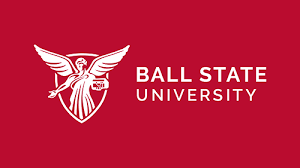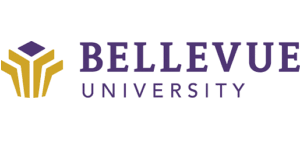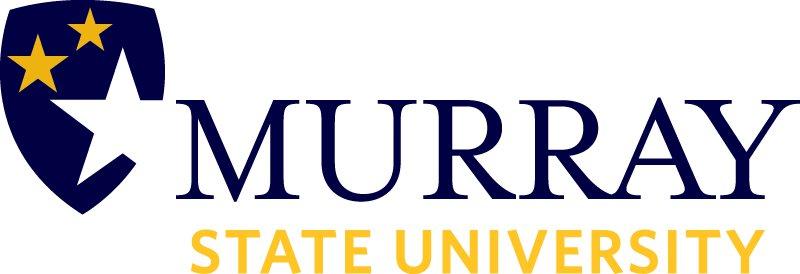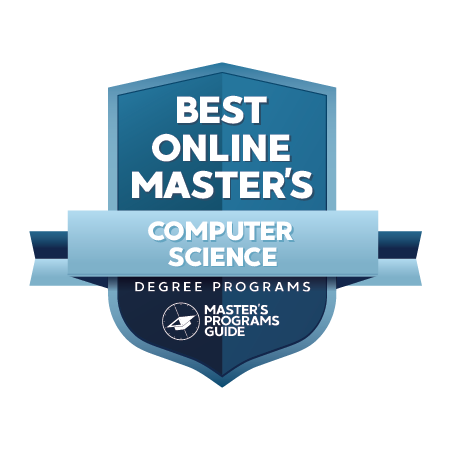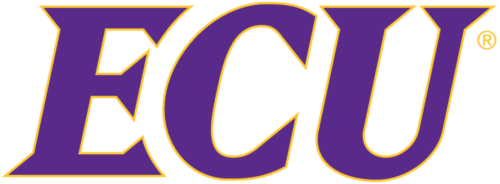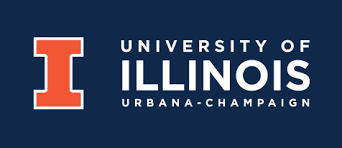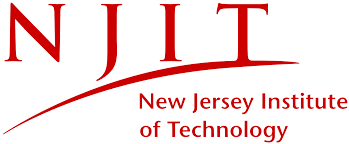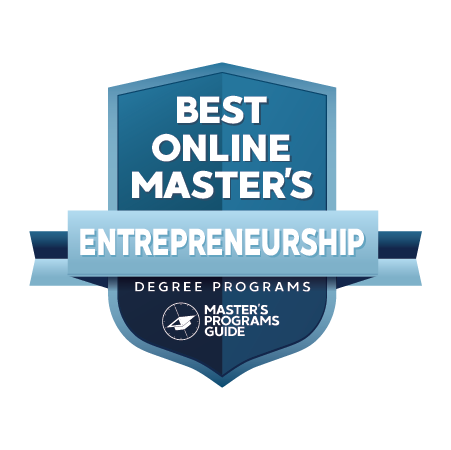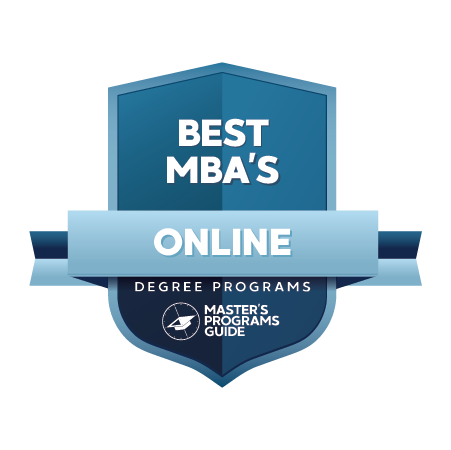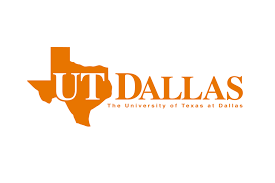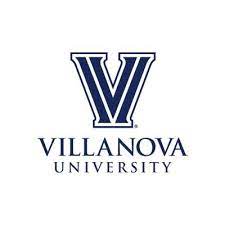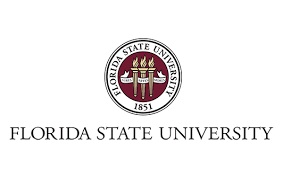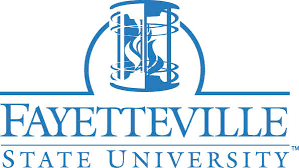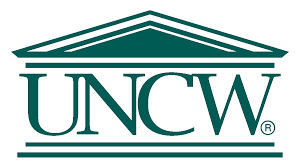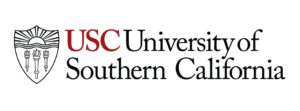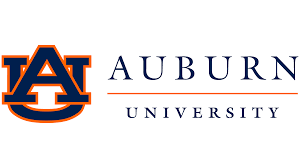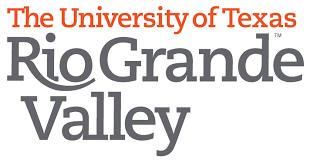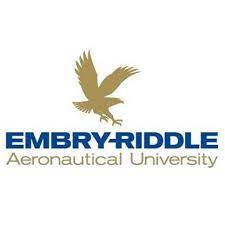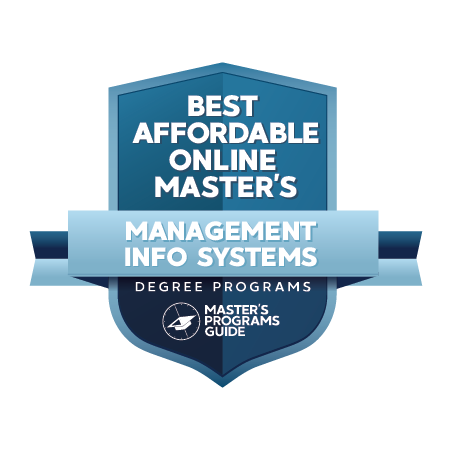Ready to find your ideal master's program?
www.mastersprogramsguide.com is an advertising-supported site. Featured or trusted partner programs and all school search, finder, or match results are for schools that compensate us. This compensation does not influence our school rankings, resource guides, or other editorially-independent information published on this site.
Do you have outstanding attention to detail? Do you love investigating bugs, glitches, and tiny parts in computer software and hardware systems?
If so, a master’s degree in computer engineering might be the right choice for you. As a computer engineer, you need to have a knack for finding tiny details along with patience and persistence when it comes to solving challenging problems.
For many students, the biggest problem in earning a master’s degree has nothing to do with the technical issues they might investigate as a computer engineer. The biggest problem is one of convenience.
Getting an online degree can solve that problem since it will allow you to pursue your education from the comfort of your own home.
How do you know if an online master’s in computer engineering is right for you—and if it’s a quality program?
An online program is a perfect choice for just about anyone. If you crave the convenience and flexibility of an online program, whether that’s because you’re a single parent trying to navigate childcare options for your kids, a busy working professional, or just someone who would prefer to study at home, then an online degree is right for you.
Now, how to find the perfect fit?
In the past, online degrees had a reputation for being somehow “less than.” Critics argued that the quality of education wasn’t as high as if you were receiving your training on-campus. They said that online education providers were shoddy and didn’t provide students with the proper caliber of career training.
Fortunately, that’s no longer the case. As they rise in popularity across all disciplines, online degrees are not only just as good but are often better than their on-campus counterparts. They offer convenience and often are more affordable, too. After all, even if tuition rates are the same for online and on-campus learners, you won’t have to pay for “hidden” expenses like transportation, room and board, and student activity fees.
While online programs are no different (in terms of their quality) than on-campus degrees, that’s not to say that they are all made alike. There are a few tips you should follow to make sure you get the best possible education for your time and money.
When applying to college degrees of any level, major, or type, always look for a degree that is accredited. Accreditation is essential because it means you can receive federal and state financial aid, transfer credits in and out, and will be getting a quality education. Regional accreditation is something to keep an eye out for. If you can’t find information about this on a school’s website, call to confirm.
For computer engineering, you need to get even more specific in your search. Look for programs that are accredited by the Accreditation Board for Engineering and TEchnology. If you can, it’s a good idea to pay a visit to campus or do a virtual tour (even though you know you’ll never set foot there as an actual student).
Taking some time to investigate and research everything you can about the school and the program, from the instructors to the student organizations to the financial aid that is available, will help you make an informed decision. That way, you can find the best possible online masters in computer engineering to help you meet your goals!
See Also: 10 Best Master’s in Industrial Engineering
What Are the Best Computer Engineering Degrees?
We know that you have educational goals that you’re itching to pursue, but you may not know where to start. The editors of Master’s Programs Guide utilize a unique ranking methodology based on the following five aspects:
25% Overall Degree Affordability: Average cost of undergraduate and graduate tuition per school
25% Graduation Rate: Number of students who start at the university and actually finish there
20% Earnings Potential: Average mid-career salary of school alumni
20% Selectivity: The number of students who apply versus the number who actually get accepted
10% Online Graduate Offerings: The number of programs offered online in each department
At Master’s Programs Guide, we strive to do our best to guide you and your family toward a fruitful academic career. The pursuit of knowledge is a noble one, and we want to help you reach your goals.
See Also: 10 Best Computer Engineering Graduate Schools
#1. University of Florida
Online MS in Electrical and Computer Engineering
Located in Gainesville, FL, the University of Florida was founded in 1853. Just a couple of miles from the downtown area, the physical campus has a lot to offer prospective students. However, the online campus is just as vibrant.
The University of Florida offers the best online Master of Science in Electrical and Computer Engineering through the unique EDGE (Electronic Delivery of Gator Engineering) portal. Here, you will be taught by the same talented instructors who work on-campus, but all of your courses will be delivered exclusively online.
You’ll take 30 credit hours (or ten three-credit courses) but you can choose your own path. You can take up to three classes per semester, take just one class at a time, or even take a full semester off with no penalties. You can take additional online courses to supplement your degree, choosing from pathways in fields like computer science, innovation, entrepreneurship, and other engineering departments.
And if you decide that studying on-campus is right for you, you can “hybridize” your degree and take classes in a traditional format, too. Whichever avenue you choose to pursue, you will take core classes in topics like:
- Foundations of Digital Signal Processing
- Stochastic Methods for Engineering
- VLSI Circuits and Technology
- Principles of Computer System Design
You can also choose to tack on an additional certificate to your degree. The Department of Electrical and Computer Engineering at the University of Florida offers such certificate programs as:
- Hardware and Systems Security
- Microsystem Technology
- Machine Learning
For all of this, you might expect tuition rates to be astronomical. That’s not the case. In fact, Florida residents pay just $448.73 per credit hour, while non-residents pay just a couple hundred dollars more. You’ll be charged a distance learning fee but don’t have to worry about things like activity and service fees, transportation, and health fees, as you might on-campus. Plus, there’s plenty of financial aid to go around!
#2. Texas A&M University
Online Master of Engineering in Computer Engineering
Are you ready to become an Aggie? When you enroll at Texas A&M University, even if you are studying online, that is what you’ll be!
The school spirit and pride are strong at Texas A&M University, located in College Station, TX. Here, you can join more than 1000 different student organizations or stick to your coursework in the Dwight Look College of Engineering, the Mays Business School, or the College of Education and Human Development.
A major research institution, Texas A&M University offers a variety of programs online as well as abroad, including in places like Qatar.
You will take 30 semester credit hours of approved courses in this non-thesis degree. You’ll be able to choose from one of seven focus areas as you complete your degree requirements and final project. Options include:
- analog and mixed signal
- device science and nanotechnology
- information science and systems
- electromagnetics and microwaves
- computer engineering systems
- biomedical imaging, sensing, and genomic signal processing
As you complete your courses, you will be able to conduct cutting-edge research in your area of interest. Your courses will prepare you both for research and development careers in industry or to pursue a doctoral degree.
While you study, even in a distance learning format, you’ll be able to tap into all kinds of resources offered by this department. You can receive free tutoring or join student organizations. There are countless options to choose from, including the Institute of Electrical and Electronics Engineers, Eta Kappa Nu—the Electrical and Computer Engineering Honor Society, and the IEEE PELS/IAS/PES Joint Student Chapter. These activities will help you network with other majors and alumni and gain valuable real-world experience.
#3. Florida International University
Online Master’s in Computer Engineering
A public university founded in 1972, Florida International University isn’t the oldest university on this list by far—but it’s one of the best. This school in Miami, FL has a reputation as one of the Best Value Schools, top National Universities, and Best Colleges for Veterans by U.S. News & World Report.
Offered by the College of Engineering and Computing, the online Master’s in Computer Engineering at Florida International University is one of the best in the country. The curriculum focuses heavily on leadership development and will enable you to earn a degree in as little as 10 months. That means less time in the classroom and more time doing what you love!
Although the Master’s in Computer Engineering here is available with multiple concentrations, it is only the specialty in Network Security that is available exclusively online. It will teach you how to protect and defend networks from attacks and cybercrime while also giving you the leadership skills you need to take on a managerial role.
You’ll be taught by faculty members who are leaders in the field and possess years of experience as computer engineers themselves. You’ll benefit from feedback and personal guidance every step of the way. Plus, you can acquire the most in-demand certifications, with options including:
- Certified Ethical Hacker
- Network+
- Security+
Even if you decide not to pursue these certifications, this degree is one to watch. It contains a highly relevant and constantly evolving curriculum that includes courses in key topics like ethical hacking, network security, malware analysis, and forensics. You’ll have all the skills you need to work alongside some of the most highly-regarded professionals in the industry.
All courses are offered within six eight-week terms. You’ll take 12 credits each semester, with core classes including:
- Random Signal Principles
- Advanced Malware Reverse Engineering
- Computer Communication Networks
A total of 30 credit hours are required.
This school is one of the few in the United States that has been designated as a National Center of Academic Excellence in Cyber Defense Education by the Department of Homeland Security and the National Security Agency. Because of the specialization, you will be equipped to work not only as a computer engineer (and in ancillary fields) but also as a network security specialist.
Let’s not forget how affordable this program is, either. With a total tuition cost of $25,000, it offers an excellent return on investment. Plus, you can access Career Engage and associated scholarships to help you get ahead without having to take on student loans.
#4. North Carolina State University at Raleigh
Online Master’s in Computer Engineering
Founded in 1887, North Carolina State University, often referred to simply as NC State, is the largest four-year college in the state. As a result, you’ll have plenty of academic offerings to choose from.
This top Master of Science in Computer Engineering at North Carolina State University at Raleigh is one of the best online computer engineering master’s in the world. It is designed for individuals who already have undergraduate degrees in engineering disciplines and want to pursue graduate work specifically in computer engineering.
This is a program that does require the GRE, so give yourself plenty of time to take the test. That said, know that this degree is worth the extra effort. IT will prepare you in in-demand topics such as very-large-scale-integration (VLSI) systems, computer architecture and systems, networking, and more. It does not require a thesis.
It’s offered by Engineering Online, a department at NC State that is ranked sixth in the country among online engineering programs by U.S. News & World Report. The school has offered distance education in engineering since 1978 (more than 40 years!) and now has sixteen online graduate and certificate programs.
You will complete 30 credit hours of study, or up to nine credit hours per semester. Most students complete their degrees in less than two years, but you have up to six to finish your degree if you’d rather progress your degree requirements more slowly. When you enroll, you will be assigned a personal academic advisor to help guide you in these sorts of decisions.
In addition to the work you do in the classroom, you’ll have the opportunity to work with partnering organizations to get hands-on experience in the field. Not only that, but you’ll enjoy affordable tuition. You’ll be billed at the on-campus rates and can apply for generous financial aid.
#5. Georgia Institute of Technology-Main Campus
Online Master of Science in Electrical and Computer Engineering.
Georgia Institute of Technology was founded in 1885. Referred to as Georgia Tech, this school is dedicated to research and career-oriented majors in things like the physical sciences, engineering, and business.
With a small student-to-faculty ratio of just 19:1, it’s easy to see that you’ll get unparalleled attention from faculty and staff as a student here. However, it’s not just the quality of instruction that’s outstanding—it’s the quality of the courses you’ll take, too. The School of Electrical and Computer Engineering at Georgia Tech has a phenomenal Master of Science in Electrical and Computer Engineering that can be completed entirely online.
You’ll be able to choose from two start dates each year and enjoy low tuition rates of just $1,100 per credit hour. In addition to education loans, you can also benefit from veterans and employers’ tuition reimbursement benefits to help lower the cost of attendance.
You will take core classes such as:
- Digital Image Processing
- Numerical Linear Algebra
- Computational Data Analysis
- Unsteady Aerodynamics
You’ll be able to choose from dozens of different electives to help you specialize and customize your degree.
While you study, you will have access to all kinds of essential resources. You can tap into all the resources of the Georgia Tech library and download tools for collaboration like WebEx and Skype, often for free. Of course, the hands-on Student Services Team is always there to help with any questions or problems you might have, too.
#6. Iowa State University
Online Master of Engineering in Computer Engineering
Iowa State University is a public university located in the small midwest town of Ames, IA. Despite the town’s pint-sized population, this school is one of the largest in the state.
If you have a bachelor’s in computer engineering, you may want to consider the online computer engineering degree at Iowa State University. This master’s program is offered 100% online and is perfectly suited to working professionals who want to advance their careers. You only need to take one class per semester, letting you finish your degree in just five years.
Although the program is designed for students who already have a background in computer engineering, you can apply if you have skills and experience in other areas, too. You may have to take some prerequisite courses to catch up.
All in all, you’ll take at least 30 credit hours of coursework, 18 of which must be in electrical engineering or computer engineering.
You can also complete up to three credit hours of independent study. Core classes include:
- Network Protocols and Security
- Real-Time Systems
- Information System Security
- Computer and Network Forensics
- Computer Graphics and Geometric Modeling
In addition to your core courses, you can pursue a graduate certificate in topics like computer networking, cybersecurity, energy systems engineering, human-computer interaction, or embedded systems. These courses make it possible for you to earn graduate credits that can be applied toward the parallel master’s degree program.
#7. The University of Texas at Austin
Online Master of Science in Engineering in Electrical and Computer Engineering
The University of Texas at Austin offers multiple pathways for students to earn their degrees in electrical and computer engineering. There is an integrated Bachelor of Science in Electrical Engineering and Master of Science in Engineering that can be completed at the same time (helping you save both time and money) or you can pursue a stand-alone Master of Science in Engineering.
The Master of Science in Engineering at Texas ECE offers eight different academic tracks. These include:
- architecture computer systems, and embedded systems
- bioECE, decision, information, and communications engineering
- electromagnetics and acoustics
- electronics, photonics, and quantum systems
- integrated circuits and systems
- power electronics and power systems
- software engineering and systems
Of course, you can always design your own track, too, benefiting from the immense variety of resources there are for interdisciplinary work at this university. You will be able to participate in state-of-the-art research institutions and projects with faculty researchers. You’ll be able to complete your studies in just four semesters of study, after which most graduates go on directly to work in the field or to apply to the Ph.D. program at the University of Texas.
While you work, you’ll be able to participate in all kinds of opportunities and organizations. The Cockrell School of Engineering has a well-established honors program along with a variety of major-specific student organizations. Some examples include the Electrical Longhorn Ladies in Engineering, Eta Kappa Nu, Graduate ECE, and the Institute of Electrical and Electronics Engineers.
No matter which of these opportunities you choose to pursue, know that you will be supported in your endeavors by talented, engaged faculty. You won’t have to break the bank for that kind of service, either. Tuition rates are low and you can supplement your financial aid with things like graduate research assistantships, fellowships, and teaching assistantships. There are additional departmental scholarships you can apply for, too.
#8. Florida Atlantic University
Online Master of Science in Electrical and Computer Engineering
Florida Atlantic University, located in Boca Raton, FL, has an outstanding Master of Science in Electrical and Computer Engineering. This program can be completed by itself or in conjunction with the Bachelor of Science in Electrical and Computer Engineering Technology if you want to graduate more quickly.
The Master of Science will prepare you for leadership roles in hardware engineering, network engineering, embedded systems engineering, and more. You can complete your studies entirely on campus, completely online, or in a combination of the two.
Whichever you choose, you’ll take core classes like:
- Advanced Computer Architecture
- Multiprocessor Architecture
- Embedded Systems Design
- Structured VLSI Design
- Software Engineering
- Multimedia programming
You’ll take at least three core courses and seven electives for the non-thesis option, or three core courses, five electives, and six thesis credits if you select the thesis pathway. In total, you’ll complete about 30 credit hours of study.
You can join as many student organizations and societies as you’d like. These groups plan special exhibits and activities, arrange social activities, tour companies, network with professional speakers and industry experts, and participate in national competitions. Some of the most popular include:
- Data Science and Machine Learning Club
- Institute of Electrical and Electronics Engineers
- Engineering Student Council
Not only that, but you can choose to tack on additional certificates if you’d like to make your degree even more marketable. Available graduate certificate options include:
- cybersecurity
- energy resilience
- biomedical engineering
- big data analytics
- artificial intelligence
When you become a student here, you will enjoy low tuition rates and access to all kinds of financial aid. Each year, the department also provides generous graduate assistantships to new students. These cover a significant portion of tuition and offer a stipend along with teaching and research experience.
#9. University of South Carolina-Columbia
Online Master of Science in Computer Engineering
If you want to take your understanding of computer engineering outside of the box, you’ve got to consider the online Master of Science in Computer Engineering at the University of South Carolina-Columbia.
The fully online MS Computer Engineering here will prepare you to work in the application, development, design, and testing of new computer hardware (and its integration with software). You’ll be able to advance the field of computing through our studies as well as through the research projects and initiatives you carry out on campus, many of which are supported by collaborative efforts with local industries and government agencies.
Your studies will allow you to take an in-depth look at the core topics of computer software algorithms, and compilers. There are both thesis- and non-thesis options available, allowing you to complete around 30 credit hours of study.
You can choose from multiple areas of specialization, including:
- the internet of things
- neuromorphic computing
- robotics and autonomous systems
- nanoscale electronics
- computer vision
- computer architecture and microarchitecture
The opportunities for both graduate and undergraduate students at the University of South Carolina-Columbia are extensive. You will be able to network with alumni and other industry professionals and pursue hands-on research opportunities, a dedicated career center, and plenty of student organizations.
Tuition is affordable, with the primary academic costs consisting of university tuition and fees. You can apply for a graduate fellowship to offset the cost of attendance. In fact, fellowships often provide all or part of a student’s funding, making it possible for some students to earn their degrees for practically free!
#10. University of Michigan-Dearborn
Online Master of Science in Engineering in Computer Engineering
The University of Michigan-Dearborn, located in Dearborn, MI, offers another one of the best online master’s programs in computer engineering. The 30-credit hour curriculum includes required core courses along with technical electives meant to expose you to hands-on experience with computers, microprocessor-based systems, high-[performance workstations, and more.
It can be completed entirely on campus, entirely online, or through a combination of the two. If you choose to study on campus as an alternative (or complement) to your online study, you’ll likely appreciate the fact that on-campus courses are offered in the late afternoon and evening hours.
However, you will get everything you need from studying online, too. It will provide you with a strong foundation in the theoretical techniques and principles of science, engineering, and mathematics that you need for advanced engineering development and design. You’ll also learn how to use all the tools that might be necessary in the modern computer engineering workforce.
You will take core courses such as:
- Computer Networks
- Computer Architecture
- Embedded Systems
- Advanced Operating Systems
In addition, you can choose a concentration area to further customize your degree. Options include networks and communications, multimedia engineering, intelligent systems, and computer architecture and design.
As a student in this program, you’ll benefit from access to quality instructors, extensive opportunities for hands-on learning, and low tuition rates. There are dozens of scholarship opportunities available for new and returning students, along with fellowships, grants, and student loans.
FAQs
How do you apply to a computer engineering degree?
Now that you’ve determined that a computer engineering degree might be right for you, it’s time to apply!
You’ll need a bachelor’s degree, ideally one in computer engineering. While you can sometimes apply for a master’s in computer engineering with a bachelor’s degree in another subject, you may be asked to complete additional prerequisite courses to help you “catch up” to your classmates.
You will need to complete an online application and often, submit an application fee. You’ll typically be asked to submit transcripts from your undergraduate degree showing a minimum GPA of around 3.0 on a 4.0 scale. GRE scores are often required, as are essays that might detail your goals, background, or challenges you’ve overcome.
Finally, you may be asked to submit supplemental documents like letters of recommendation or a resume, too.
What sorts of jobs are available to graduates of master’s programs in computer engineering?
You can pursue just about any kind of computer engineering job with just a bachelor’s degree in this field. However, if you go the extra mile and earn a master’s degree, your opportunities will be much more plentiful.
One of the most common jobs pursued by master’s in computer engineering graduates is that of a hardware engineer. As a hardware engineer, you’ll be able to design, research, develop, and test computer systems and their components. You will typically work in a research laboratory and specialize in manufacturing.
Another common job is as a software developer. In this kind of job, you’ll work to design computer programs and applications. One position that is similar to this is as a software quality analyst and tester. In this role, you’ll identify problems with programs and applications, report defects, and recommend solutions.
Is a master’s in computer engineering worth it?
Absolutely. Prospective computer engineers might wonder if the investment in an online degree—even an online degree—is worth the cost, both in terms of the time and money involved. The average salaries for computer engineers tend to be quite high. Here are some examples, but know that nine times out of ten, the average pay is well into the six figures range!
As a computer hardware engineer, the average salary is more than $119,000 per year, according to the Bureau of Labor Statistics reports for 2020. That’s more than $57 per hour. You Can increase this salary even more by pursuing additional certifications as part of your master’s degree or by working in more specialized fields like computer and peripheral equipment manufacturing.
Your pay won’t be too shabby as a software developer, either. You could earn an average salary of $110,140 per year (or nearly $53 per hour), according to the 2020 report by the Bureau of Labor Statistics. Plus, these jobs are expected to grow rapidly with an anticipated growth of 22% by 2030!
Can you do computer engineering online?
You can! In fact, if you earn an online degree, you’ll not only be able to save some money, but you can complete your courses in an asynchronous fashion most of the time, too. This means you can study wherever and whenever it’s most convenient for you.
You’ll take classes in topics like:
- Solid State Devices
- Systems Engineering
- Modern COmputer Architecture
- Electronic Design
What is the best online master’s engineering—no GRE required?
The GRE, or Graduate Record Examination, is a common admissions requirement for many master’s in engineering. This requirement serves as a way for admissions officials to weigh individuals against each other, particularly individuals from different universities.
Fortunately, there are several schools that do not have GRE requirements. These include:
- Arizona State University
- Johns Hopkins University
- North Carolina State University
- Penn State
What is the cheapest online computer engineering degree?
It’s difficult to say which online computer engineering degree is the cheapest since it doesn’t always come down to basic dollars and cents. The cheapest school for one student may not be the cheapest for the next, since you might receive a different financial aid package depending on where you choose to attend.
However, all of the schools in this ranking are affordable options for you to consider, including NC State, Florida International, and Georgia Tech. A few other schools to consider in your search include Mississippi State University, the University of Idaho, and the University of New Mexico.

